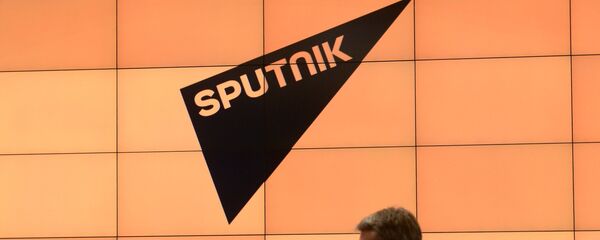Ofcom ruled that RT documentary Ukraine's Refugees, which did not generate a single complaint from the audience but was assessed on Ofcom's own initiative, and which was based on the accounts of refugees fleeing war in south-eastern Ukraine, had violated the due impartiality clause. The regulator stated that the authors didn't sufficiently represent the Ukrainian government's point of view, even though it unambiguously stated in the film that Kiev "denied all charges of crimes against civilians".
Three of the four "in-breach" judgments pertained to two episodes of The TruthSeeker, a commentary program that was closed in July 2014. One episode referred to an independent but unofficial investigation, which suggested that a BBC report might have staged some elements of a chemical attack in Syria, and replaced reference to "napalm" with the phrase "chemical weapons" in an interview with a Syrian doctor. BBC did acknowledge having edited the audio track while stating that "it is common in broadcasting to edit spoken contributions to ensure maximum clarity." In its ruling, Ofcom declined to consider the evidence that supported the statements made in The TruthSeeker, about the BBC report in question. In Ofcom's view, RT had exaggerated the significance of the independent inquiry and based on that exaggeration has misled the audience.
"We are being criticized because the show used statements made by Ukrainian politicians — i.e. their own words — because those statements make them look bad. That we, essentially, had picked the wrong quotes. This is a rather peculiar approach to journalism," commented Simonyan.
Ofcom also closed its investigations into the interview show SophieCo episode about immigrant detention centers in the UK, and the news broadcast that showed victims of the IS, finding them to not be in breach of the Broadcasting Code. Therefore, all Ofcom investigations into RT's broadcasting have now been resolved.




